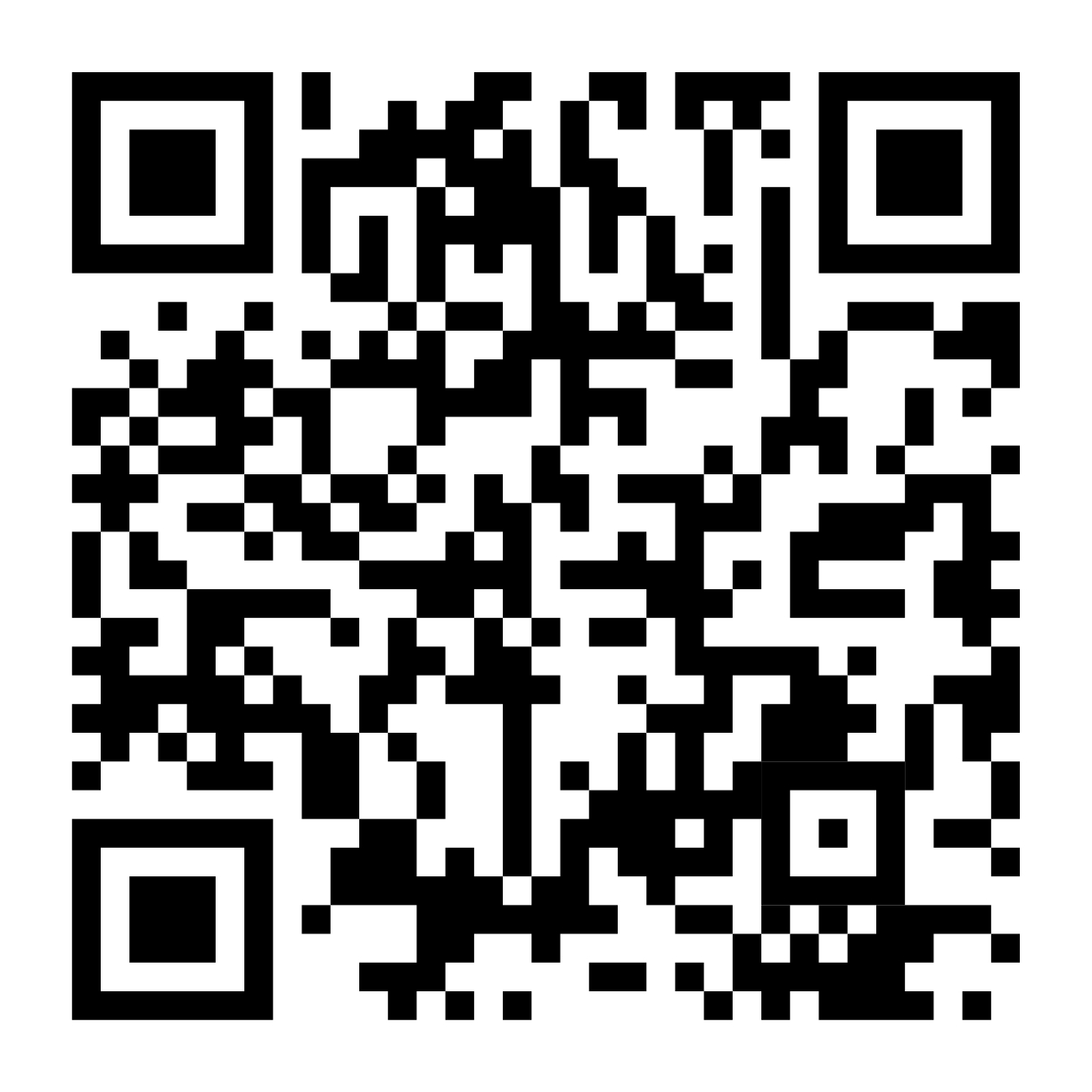Implementation of Deep Learning in Education: Towards Mindful, Meaningful, and Joyful Learning Experiences
DOI:
https://doi.org/10.23917/jdl.v1i1.11157Keywords:
21st century pedagogical strategies, deep learning in education, gamification, joyful learning, meaningful learning, mindful learning, personalization of learning, project‑based learningAbstract
The deep learning approach in education has emerged as a promising pedagogical framework for transforming the learning experience to be more holistic, reflective, and aligned with the needs of the twenty‑first century. This study seeks to conceptually explore how the principles of mindful, meaningful, and joyful learning may be integrated through deep learning–based instructional strategies. The methodology comprises a systematic literature review and a conceptual analysis of pertinent academic publications, research reports, and innovative educational practices. Findings reveal that strategies such as personalized learning, project‑based learning, game‑based learning, and community engagement effectively enhance student engagement, critical thinking skills, and intrinsic motivation. Nonetheless, the implementation of deep learning approaches continues to encounter significant challenges, including educator preparedness, limitations in technological infrastructure, and the misalignment of conventional assessment systems. This article recommends the enactment of progressive policy support, the enhancement of professional capacity among educators, and further empirical research to evaluate the efficacy of deep learning strategies across broader contexts. It is anticipated that these findings will contribute to the advancement of more adaptive, inclusive, and empowering educational policies and practices.
Downloads
References
Andini, S. J., Farica, M. C., & Asmawulan, T. (2025). Belajar Sambil Bermain: Cara Sekolah Mendukung Motorik Kasar Anak Usia Dini. Early Childhood Rese-arch Journal (ECRJ), 7(2), 178–186. https://doi.org/10.23917/ecrj.v7i2.8794
Ausubel, D. P. (1968). Educational Psycho-logy: A Cognitive View. Holt, Rinehart and Winston.
Bhakti, Y. A., Ghiffari, M. F., & Salsabil, A. (2019). Joyful Learning and Students’ Well Being: A Systematic Review. Inter-national Journal of Evaluation and Rese-arch in Education (IJERE), 8(4), 640–647.
Darling Hammond, L., & McLaughlin, M. W. (1995). Policies That Support Professio-nal Development in an Era of Reform. Phi Delta Kappan, 76(8), 597–604.
Fitriansyah, R., Fatinah, L., & Syahril, M. (2020). Critical Review: Professional Development Programs to Face Open Educational Resources in Indonesia. In-donesian Journal on Learning and Ad-vanced Education (IJOLAE), 2(2), 109–119. https://doi.org/10.23917/ijolae.v2i2.9662
Haryono, E. R., Kurniawan, R., & Sariman. (2024). Konsep Deep Learning Sebagai Pilar dalam Strategi Pendidikan Berkuali-tas. Meta Nusantara, 1(1), 1–10.
Johnson, D. W., & Johnson, R. T. (2009). An Elaboration of Social Interdependence Theory. In Handbook of Motivation at School (pp. 27–49). Routledge.
Kapp, K. M. (2012). The Gamification of Le-arning and Instruction: Game Based Methods and Strategies for Training and Education. John Wiley & Sons.
Kontesa, D. A., Minsih, M., & Fuadi, D. (2023). Penerapan Pendekatan Pembela-jaran Active Deep Learner Experience da-lam Membangun Kemandirian Belajar Siswa Sekolah Dasar. Jurnal Elementa-ria Edukasia, 6(3), 1416–1427. https://doi.org/10.31949/jee.v6i3.6638
Langer, E. J., Blank, A., & Chanowitz, B. (1989). The Mindlessness of Ostensibly Thoughtful Action: The Role of “Place-bic” Information in Interpersonal Interac-tion. Journal of Personality and Social Psychology, 36(6), 635–642.
Levin, B. (2010). What Exactly Do We Mean by “Student Centered Learning”? Educa-tion Canada, 50(1), 12–16.
Pane, J. F., Steiner, E. D., Baird, M. D., & Hamilton, L. S. (2017). Informed Design of Personalized Learning Technologies in Elementary and Secondary Education: A Review of the Evidence. RAND Corpo-ration.
Rahmawati, N., Prasetiyo, W. H., Wicaksono, R. B., Muthali’in, A., Huda, M., & Atang, A. (2022). Pemanfaatan Sudut Baca dalam Meningkatkan Literasi Ke-warganegaraan Siswa di Era Digital. Bu-letin KKN Pendidikan, 4(1), 99–107. https://doi.org/10.23917/bkkndik.v4i1.17822
Sabardila, A., Budiargo, A. D., Wiratmoko, G., Himawan, J. A., Triutami, A., Intan-sari, A., Setiyowati, D., Cahyani, D. H. T., Handayani, R., & Suistri, S. (2020). Pembentukan Karakter Peduli Lingkun-gan Melalui Kegiatan Penghijauan pada Siswa MIM Derasan Sempu, Boyolali. Buletin KKN Pendidikan, 1(2), 35–41. https://doi.org/10.23917/bkkndik.v1i2.10763
Sawyer, R. K. (2011). Explaining Creativity: The Science of Human Innovation. Ox-ford University Press.
Trilling, B., & Fadel, C. (2009). 21st Century Skills: Learning for Life in Our Times. John Wiley & Sons.
Tyng, C. M., Amin, H. U., Saad, M. N. M., & Malik, A. S. (2017). The Influences of Emotion on Learning and Memory. Fron-tiers in Psychology, 8, Article 1454.
Wardhani, J. D., Katoningsih, S., Asmawu-lan, T., Nasywa, N. M., & Mahaeswari, A. C. (2023). Penguatan Keterampilan dengan Stimulasi Literasi Berbasis TIK bagi Guru Ikatan Guru Aisyiyah Busta-nul Athfal (IGABA) Kartasura. Buletin KKN Pendidikan, 5(1), 12–20. https://doi.org/10.23917/bkkndik.v5i1.22722
Downloads
Submitted
Accepted
Published
Issue
Section
License
Copyright (c) 2025 Lukie Masayu Andayanie, Muhammad Syahriandi Adhantoro, Eko Purnomo, Ganno Tribuana Kurniaji (Author)

This work is licensed under a Creative Commons Attribution 4.0 International License.





